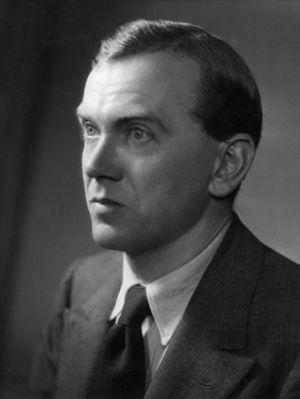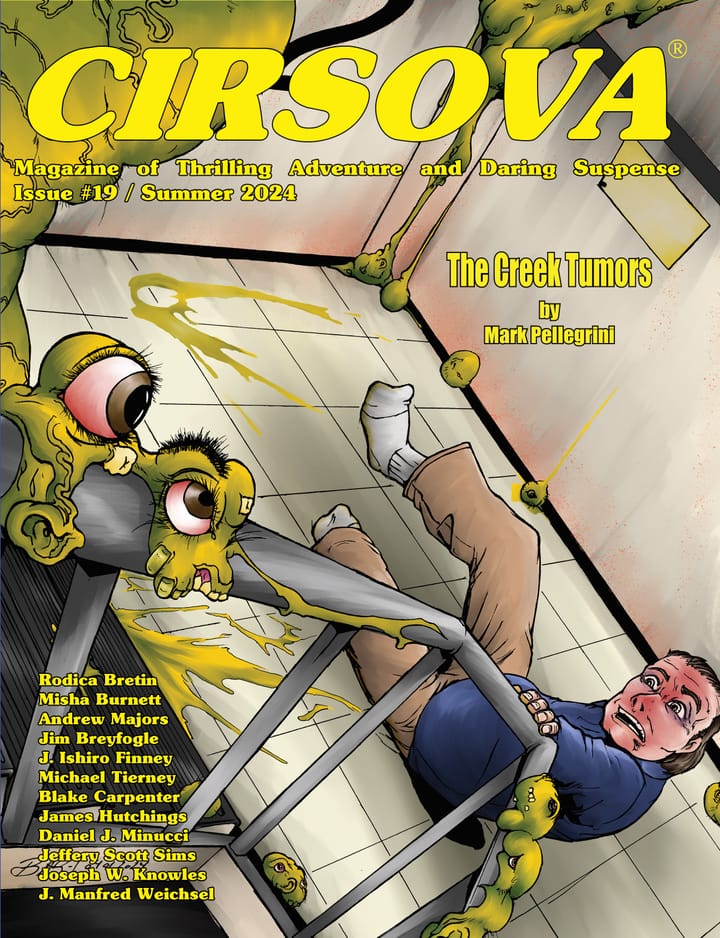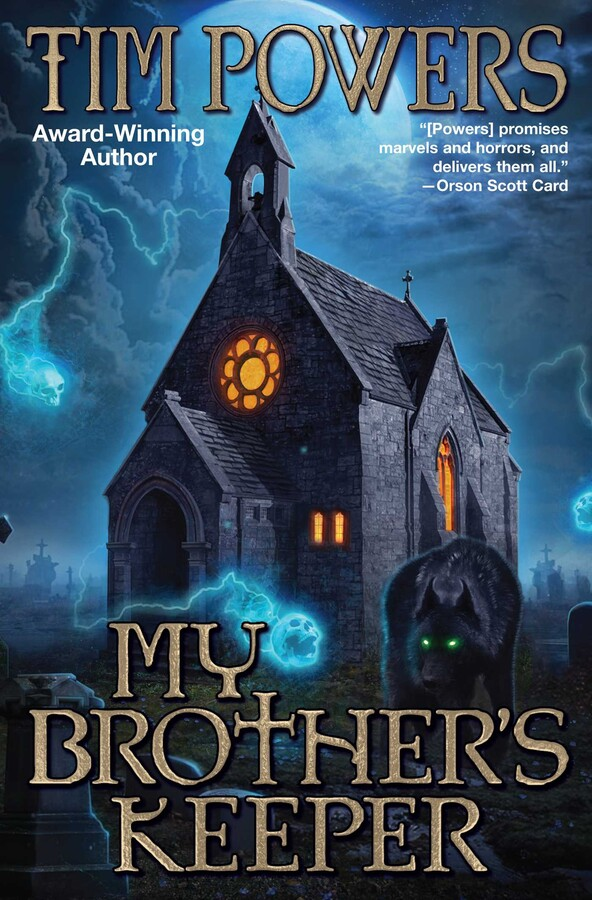The End of the Affair Book Review

By Source, Fair use, https://en.wikipedia.org/w/index.php?curid=38994310
by Graham Greene
Penguin Books, 1975
192 pages
ISBN 0140184953
I fully intend to spoil this book, but since it was published sixty-six years ago, I don't feel too bad about it. Also, the priest spoiled the ending in his homily, so I'm just paying it forward. You were warned.
This book was recommended by our associate pastor, and so my wife and I read it. The last Graham Greene book I read was Monsignor Quixote, nearly twenty years ago. I vaguely remembered liking it, and checking Wikipedia for a plot summary, I find that in his later life, Greene was something of a proto-Tradinista, looking for a reconciliation of Communism and Catholicism.
Written thirty years earlier, The End of the Affair is a mid-century English novel much like Brideshead Revisited, dealing with the mysterious way in which grace works upon sinners. Waugh and Greene were both attempting to write believable novels about conversion and grace, but when that conversion involves the Catholic Church, an Englishman is automatically at a disadvantage given long-standing English prejudices. Both authors found a similar solution: make their characters despicable, so that they would not appear to be writing hagiographies. However, Greene was a very different kind of Catholic than Waugh, and the feel of his book is very different [also much shorter].
The book can be roughly divided into thirds. The first is Maurice Bendrix's bitter reflections on his defunct affair with Sarah Miles, and his fruitless attempts to pursue her again after she abruptly broke it off. The middle is a series of Sarah's diary entries, to which we are privy to because Maurice paid a private detective to steal it. The final act is Maurice's desperate reactions to the revelations in Sarah's diary, and Sarah's transcendent death.
The greatest similarity to Brideshead is the protagonists' lack of character. I positively hate Maurice, and I can't quite comprehend what Sarah ever saw in him. Maurice's bitterness about the end of his affair colors his actions of course, but even before that his interactions with Sarah were a bizarre mix of arrogance and insecurity.
And not only Sarah. The class-snobbishness of Maurice towards the detective he hires to spy on her is appalling. For example:
Lewis of course could have provided Maurice with an answer.
Given my dislike of Maurice, the first third was rough going. Access to Sarah's diary provides Maurice [and us] with some answers, but for him, no comfort. I found this part of the book my favorite. Sarah's childish bargain with God to save Maurice after a buzz bomb hits his flat, her struggles with doubt, backsliding, and the fear of running into Maurice and losing her will to stick to the bargain, were endearing. In the first third of the book, Sarah comes across as flighty and insubstantial, and a wanton slut, but that is perhaps because we only see her through Maurice's eyes, and he is too damaged to see the good in anyone.
Sarah herself seems to have been well-liked, except by the wives of her husband's colleagues at the Ministry of Home Security, who feared her beauty and her predation of men. I find it interesting that Greene never attempted to describe Sarah concretely. She is simply 'beautiful.' Just how beautiful she was could only been seen in the reactions of others.
The true fruits of Sarah's bargain with God only become clear after her funeral in the final third. In a burst of Englishness, Maurice moves in with Sarah's bereaved husband Henry to keep him company. The wild freethinker with a disfigured face that Sarah befriended in the midst of her struggles with inescapable faith finds himself unexpectedly healed. Young Lancelot Parkis is cured of a nasty bout of appendicitis after reading one of Sarah's old school books with an odd scribble inside the front cover.
We end the book with Maurice doggedly resisting the obvious implications of the things that followed Sarah's death. One almost has to admire the sheer stubbornness of the man. There are hints that his resolve was wavering a bit, but I wonder whether Maurice would have turned out much differently than Greene himself, who converted at the age of 24 [only one year younger than me when I did], but lost his faith as he grew older.
In the short story, 'A Visit to Morin', Greene writes of a famous Catholic novelist who has lost his faith:
“What a strange idea you have of the Church. No, not of what the priest would say. He would say nothing. I dare say there is no greater gift you can give a priest in the confessional, Mr. Dunlop, than to return to it after many years. He feels of use again. But can’t you understand? I can tell myself now that my lack of belief is a final proof that the Church is right and the faith is true. I had cut myself off for twenty years from grace and my belief withered as the priests said it would. I don’t believe in God and His Son and His angels and His saints, but I know the reason why I don’t believe and the reason is– the Church is true and what she taught me is true. For twenty years I have been without the sacraments and I can see the effect. The wafer must be more than wafer.”
“But if you went back…”
“If I went back and belief did not return? That is what I fear, Mr. Dunlop. As long as I keep away from the sacraments, my lack of belief is an argument for the Church. But if I returned and they failed me, then I would really be a man without faith, who had better hide himself quickly in the grave so as not to discourage others.” He laughed uneasily. “Paradoxical, Mr. Dunlop?”
All authors draw upon their own experience when writing, but Greene strikes me as unusually literal and direct in the way he does this. For example, The End of the Affair was written after he ended an affair with a married woman. Greene's short story, written eight years later than The End of the Affair, but thirty-three after his conversion, seems to simply be Greene describing his faith, or the lack thereof. There are tantalizing hints that he might someday return to the faith of his youth, but he never did.
Maurice doesn't seem the religious type, and apparently Greene wasn't either.

The End of the Affair (Penguin Classics Deluxe Edition) By Graham Greene



Comments ()